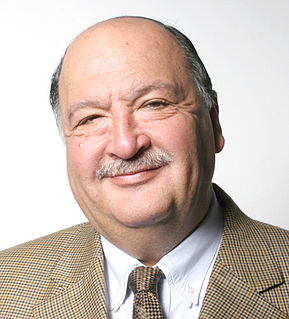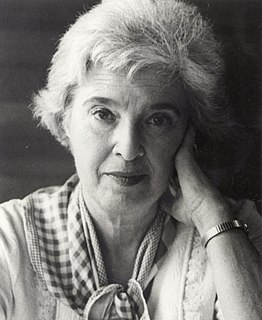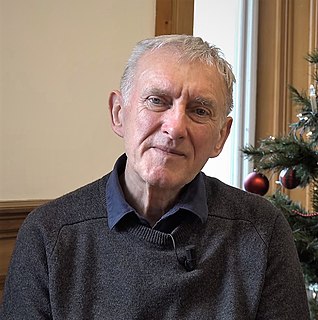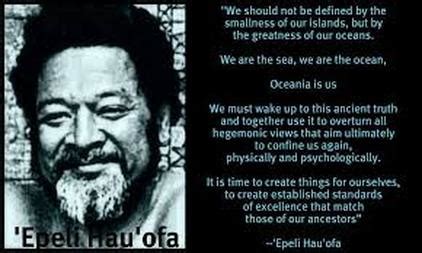A Quote by William Faulkner
The past is never dead. It's not even past. All of us labor in webs spun long before we were born, webs of heredity and environment, of desire and consequence, of history and eternity. Haunted by wrong turns and roads not taken, we pursue images perceived as new but whose providence dates to the dim dramas of childhood, which are themselves but ripples of consequence echoing down the generations. The quotidian demands of life distract from this resonance of images and events, but some of us feel it always.
Quote Topics
Always
Before
Born
Childhood
Consequence
Dates
Dead
Demands
Desire
Dim
Distract
Down
Dramas
Environment
Eternity
Even
Events
Feel
Generations
Haunted
Heredity
Heredity And Environment
History
Images
Labor
Life
Long
Never
New
Past
Perceived
Providence
Pursue
Resonance
Ripples
Roads
Some
Spun
Taken
Themselves
Turns
Us
Were
Which
Whose
Wrong
Wrong Turn
Related Quotes
It is not the literal past that rules us, save, possibly, in a biological sense. It is images of the past. Each new historical era mirrors itself in the picture and active mythology of its past or of a past borrowed from other cultures. It tests its sense of identity, of regress or new achievement against that past.
Our enemies must not deceive themselves-in the 2,000 years of German history known to us, our people have never been more united than today. The Lord of the Universe has treated us so well in the past years that we bow in gratitude to a providence which has allowed us to be members of such a great nation. We thank Him that we also can be entered with honor into the ever-lasting book of German history!
We can learn from history how past generations thought and acted, how they responded to the demands of their time and how they solved their problems. We can learn by analogy, not by example, for our circumstances will always be different than theirs were. The main thing history can teach us is that human actions have consequences and that certain choices, once made, cannot be undone. They foreclose the possibility of making other choices and thus they determine future events.
We do not succeed in changing things according to our desire, but gradually our desire changes. The situation that we hoped to change because it was intolerable becomes unimportant. We have not managed to surmount the obstacle, as we were absolutely determined to do, but life has taken us round it, led us past it, and then if we turn round to gaze at the remote past, we can barely catch sight of it, so imperceptible has it become.
That the past is ahead, in front of us, is a conception of time that helps us retain our memories and to be aware of its presents. What is behind us [the future] cannot be seen and is liable to be forgotten readily. What is ahead of us [the past] cannot be forgotten so readily or ignored, for it is in front of our minds' eyes, always reminding us of its presence. The past is alive in us, so in more than a metaphorical sense the dead are alive - we are our history.
Each part of the mind sees only a little of what happens in some others, and that little is swiftly refined, reformulated and "represented." We like to believe that these fragments have meanings in themselves - apart from the great webs of structure from which they emerge - and indeed this illusion is valuable to us qua thinkers - but not to us as psychologists - because it leads us to think that expressible knowledge is the first thing to study.
Science and technology were often used by [the magician of old], even before they came into the marketplace on a mass basis. For example, prior to the moving picture going into theatre, magicians were using the technique of images in motion as illusions in their shows. At that time the process was so new, an audience perceived it as magic. Also in the early stages of holograms magicians would use these images to baffle and mystify their fans. Hence, you always need to stay one step ahead of the technology game to "WOW" the audience.





































